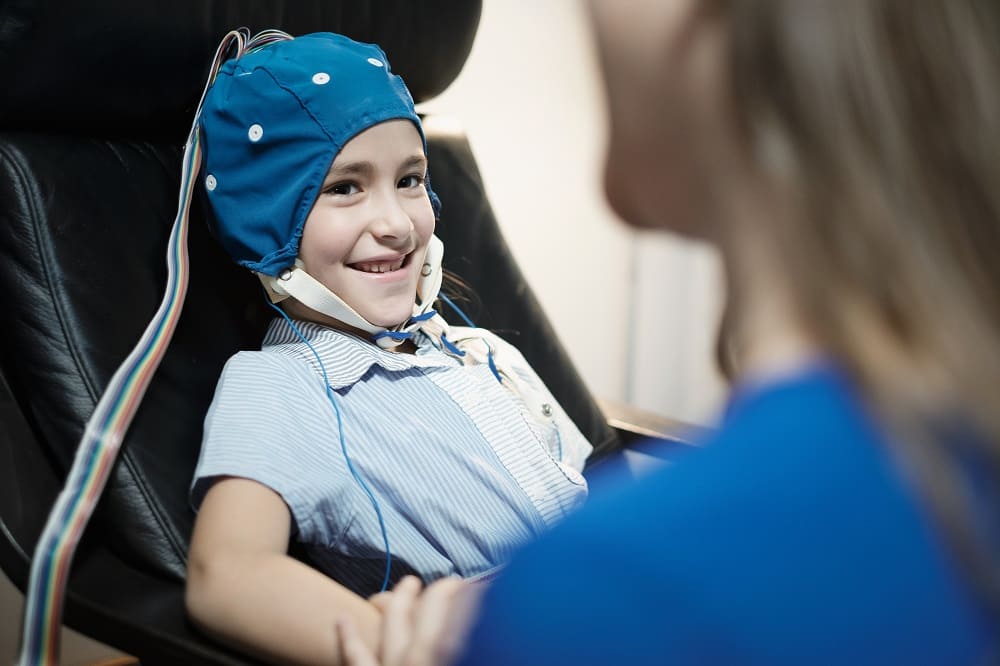How to Reduce Stress
Stress is a problem that we all experience. It is not getting less, if anything it may be increasing. Recent political and racial tension and the current pandemic have added layers to the stress that we all have been already living with.
Here are a few things you can do to reduce the negative effects of stress on your physical and mental health.
Reduce your exposure to stress. Identify sources of stress in your life. This includes people, places, and things. Note the ones that you can make choices about that will reduce your stress. There may be people that you feel stressed around. Even though you may still need to spend time around them, you may be able to arrange to spend less time around them.
If you tend to feel stressed while you are driving because you are running late and stuck in traffic, decide that you will add an extra thirty minutes to the time that it should take you to arrive. This way, if you get stuck in traffic, you will probably still be on time. If you don’t run into traffic you will arrive early and have some extra time to relax, read, or listen to some music or talk radio.
If your old computer is getting super slow and keeps freezing on you, rather than cursing it every day and getting upset, plan to buy a new computer. You won’t be stressed by it every day any longer and you will work more efficiently and probably make more than the cost of the new computer because you aren’t wasting so much time and you are in a better mood.
Monitor your muscles. At random times during the day take a few moments to mentally scan your body from head to toe for any areas where you might be holding tension in your muscles. You might notice that you are frowning, biting your teeth together, raising your shoulders, or holding tension in your arms, hands, legs, or feet. Simply release the tension and notice how much better it feels. You can also do this when you are feeling stressed.
Slow down your breathing. Most of us breathe faster and shallower than we need to. Males tend to breathe 12-14 breaths per minute. Females breathe about 14-16 breaths per minute on average. Richard Sherman, biofeedback expert (2002) states that 4 breaths per minute or less go along with a relaxed state, and 18 breaths per minute or more goes along with a tense or anxious state. In my experience, many people who are anxious are breathing 15-20 breaths per minute. Simply practicing breathing at a lower pace can reduce anxiety and decrease the negative effects of stress. Find a pace that is comfortable for you so that you will feel good about practicing it. There are computer programs and smartphone apps that help you to practice slow-paced breathing. Some Heart Rate Variability biofeedback experts suggest practicing slow-paced breathing for twenty minutes two times each day to relieve stress symptoms. I believe that if you practice for 2-5 minutes several times throughout the day you can still produce noticeable stress reduction.
Harry L. Campbell
914-762-4646 – Harry@biofeedbackinternational.com
Author of What Stress Can Do, Available on Amazon.com
Biofeedback Resources International Corp.





